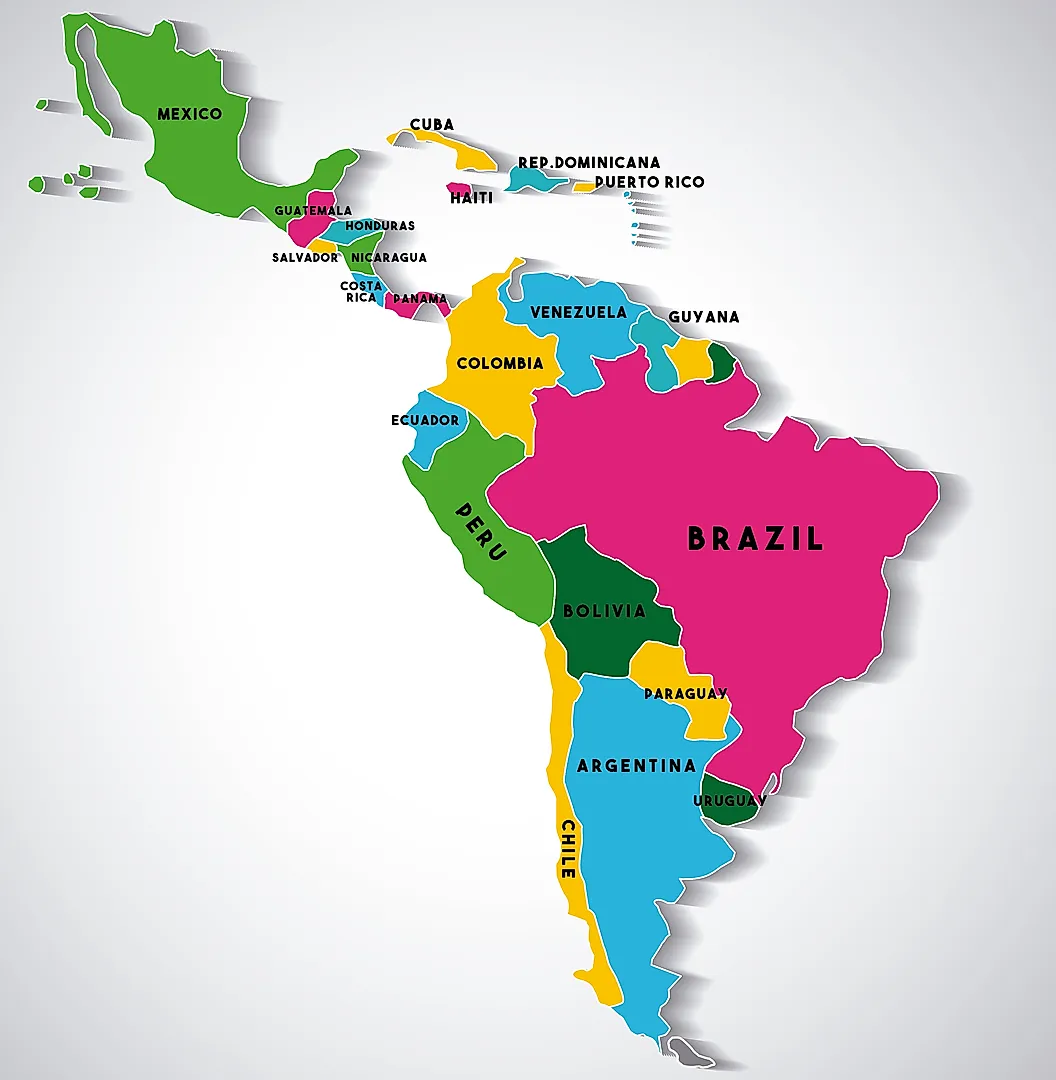British ColumbiaCollecting cans or bottles for their 10 cent deposit is a way to keep waste from ending up in the wrong place — and to provide wages for those who return them. Now, waste pickers or “binners” say the important work they do should be afforded a bigger roleBinners in cities like Vancouver argue they could help divert more waste from landfills Chad Pawson · CBC News · Posted: Oct 26, 2025 8:00 AM EDT | Last Updated: October 26Listen to this articleEstimated 5 minutesPeople exchange cups for cash during a Binners’ Project event in Vancouver on Oct. 16. (Ethan Cairns/CBC)In the push to divert more waste from landfills, people known as binners — who scour cities for often discarded redeemable materials — could hold part of the solution.Collecting cans or bottles for their 10 cent deposit keeps waste from ending up in the wrong place and provides wages for those who return them. Now, waste pickers or binners say the important work they do should be afforded a bigger role. “I think there’s room to innovate and to grow … to find other items that could be collected and taken out of the landfill,” said Sean Miles, director of the Binners’ Project, a collective of waste pickers in Vancouver trying to improve economic opportunities and reduce stigma over the practice.Miles made the comments from an annual Vancouver event where, through government grants and private sponsors, the Binners’ Project hands out thousands of dollars to people who brings disposable, single-use coffee cups to a downtown park.It’s done to show the collective ability of waste pickers to manage items that often end up as trash or litter when they can be recycled, if they have value for the collector.A person wears a hoodie with the definition of a binner during a Binners’ Project event in Vancouver on Oct. 16. (Ethan Cairns/CBC)Over twelve years, the event has amassed more than 700,000 cups, which can be placed in residential blue boxes for recycling in places like Vancouver, but often end up in the trash or as litter.This year, the Binners’ Project handed out more than $21,000 — a record amount — to people who participated in the event, like Erica George who earns wages through bottle and can returns.“I missed last year, so I wanted to make sure I got here this year,” she said. “I just follow my feet.”At the coffee cup event this year, there were representatives from waste picker organizations across Canada and U.S. who shared best practices and advocated for progressive public policy that would enhance the work.“If you didn’t have waste pickers, we’d be swimming in plastic,” said Barbra Weber, a local waste-picker organizer from Portland, Ore., who is also on the executive of the International Alliance of Waste Pickers.“The most important impact that we have is environmentally.”Barbra Weber is a local waste-picker organizer from Portland, Ore., who is also on the executive of the International Alliance of Waste Pickers. (Ethan Cairns/CBC)She said there are more than 40 million recognized waste pickers around the world who have the ability to vastly influence the way waste is collected and kept from harming the environment.“I think that everything should have a redeemable value,” she said, listing off items like single-use plastic, cigarette butts, electronic waste and single-use coffee cups.“If it had a value, I think [waste pickers] would be getting more of it before it gets to a place we don’t want it.”George agreed.“Oh hell yeah, I would probably collect them then,” she said, adding that materials just have to be items she can reasonably collect, carry and redeem.WATCH | Why not all recyclable plastics are making it into B.C.’s recycling system:Recycle B.C. asks residents to make more effort to keep plastics out of landfillsThe organization behind B.C.’s recycling system hopes residents can do more to keep plastics from going into landfills or ending up as litter. The good news is that 98 per cent of residential plastic packaging that’s placed in blue boxes in B.C. is recycled. The bad news, as Chad Pawson reports, is that most plastic doesn’t get that far.B.C.’s provincial government is looking at ways to reduce waste this way. Three years ago, it added milk containers to the current deposit system, estimating it would result in 20 to 40 million more milk containers being recycled annually.It’s currently trying to figure out how to prevent waste from things like batteries, mattresses, camping fuel canisters, fire extinguishers, medical sharps and electronics as part of its extended producer responsibility five-year plan.As for coffee cups, the Ministry of Environment said in a statement it is looking at how to reduce their waste and is “considering policy approaches that will improve the prevention and recycling of non-residential packaging waste in communities across B.C.”It said ministry staff will be meeting with the Binners’ Project in the coming weeks to discuss the circular economy and non-residential waste.People exchange cups for cash during a Binners’ Project event in Vancouver on Oct. 16. The province says it’s looking at ways to reduce the number of cups entering landfills. (Ethan Cairns/CBC)Jutta Gutberlet, a University of Victoria geography professor who studies waste governance and is working to bring a program to the school that could empower waste pickers, says the expansion of materials with deposits could greatly help pickers and waste diversion.“They could make sure the materials then really go into the right waste streams and of course it would support their livelihoods.”She cautions though that any new policy about deposits needs to factor in the abilities and limits of waste pickers.For example, she says milk containers, which have the same deposit value as an aluminum can but take up much more space, are often passed over by binners.“Because they are so voluminous, the diverters don’t really like to collect them because they take up all that space and only give a fraction back to them.”With files from Dominique Levesque
Waste pickers want deposits back on more materials and its not just about the money
Date:




